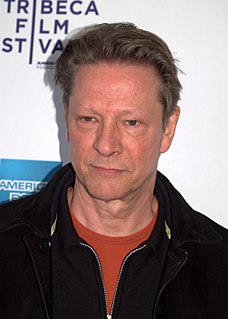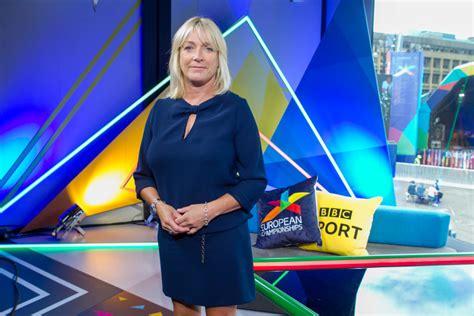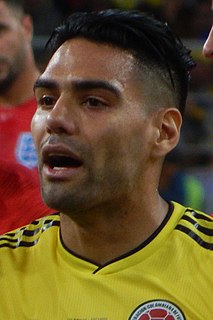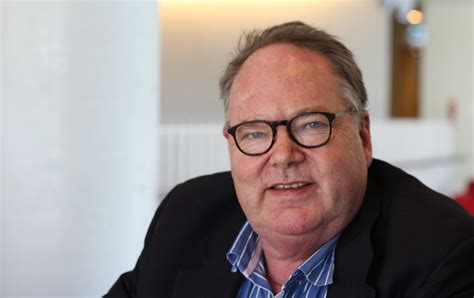A Quote by Gaby Hoffmann
I certainly don't have any boundaries myself, but I think I'm very aware of other people's.
Related Quotes
When 9/11 hit, the second thing I said to myself was, 'This really is what religious people do.' Those people flying the plane were very good, very pious, truly faithful believers. There's no other way to paint them. Of course, they are extremists by definition, but they certainly aren't going against Islam in any real way.
Political correctness is the fascism of the 90's, it is this rigid feeling that you have to keep your ideas and your way of looking at things within very narrow boundaries or else you'll offend someone. Certainly one of the purposes of journalism is to challenge just that way of thinking, and certainly one of the purposes of criticism is to break boundaries, that's also one of the purposes of art.
I've learned mainly by reading myself. So I don't think I have any original ideas. Certainly, I talk about reading Graham. I've read Phil Fisher. So I've gotten a lot of my ideas from reading. You can learn a lot from other people. In fact, I think if you learn basically from other people, you don't have to get too many new ideas on your own. You can just apply the best of what you see.
The other thing Aron found about sensitive people is that sometimes they're highly empathic. It's as if they have thinner boundaries separating them from other people's emotions and from the tragedies and cruelties of the world. They tend to have unusually strong consciences. ... they're acutely aware of the consequences of a lapse in their own behavior.
I don't know if other people have found it difficult relating to me, certainly that's not the feedback I've had. I don't think of myself particularly as a woman working in sport. I think of myself as a broadcaster, a journalist, and the right person for the job, regardless of whether I happen to be female or male.
I don't have any choice any more. I am in a choiceless awareness. I don't have to be aware. I am simply aware. Now it is just like my heartbeat or like my breathing. Even if I try not to be aware, it is not possible; the very effort will make me more aware. Awareness is not a quality, a characteristic; it is your whole being. When you become aware, there is no choice left to be otherwise.
I think of myself as a narrative artist. I don't think of myself as a novelist or screenwriter or playwright. All of those modalities of processing and experiencing narrative are obviously very different, and I'm not sure that I prefer any one to the other. I think the novel gives you the opportunity to have a kind of interiority that you can't have in the theater, which is pure exteriority.




































